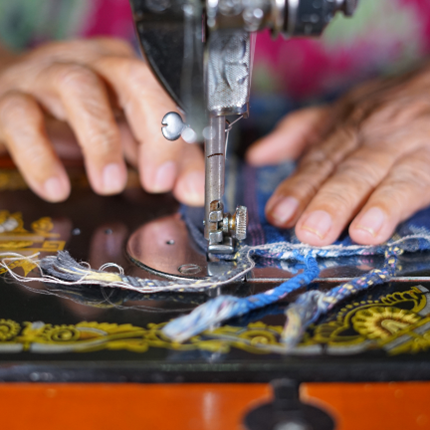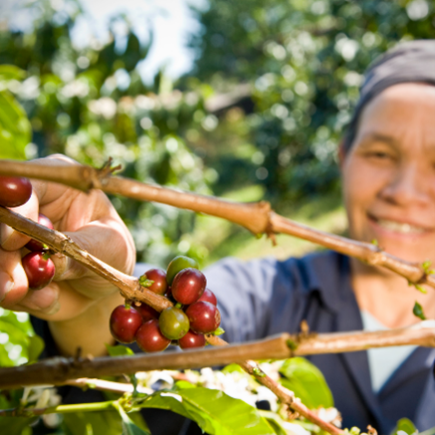The 13th of May 2023 marks The National World Fair Trade Day, the ethos behind this movement is to continually improve trading conditions and systems to create a more sustainable working environment. The fair-trade movement aims to help tackle poverty, human rights, exploitation and climate change. These aims are tackled by implementing methods to ensure working conditions are fair, this includes living conditions of workers, fair payment and eradicating slave labour. The movement aims to be sustainable by ensuring safe working conditions which are also not damaging to the environment.

National World Trade Day Timeline
1950 – The Pioneer of Fairtrade
Whilst visiting Puerto Rica, an American Businesswoman, Edna Ruth Byes establishes a female focused business of creating and selling needlework to customers in the USA. This allowed the Puerto Rican woman working for this business to gain economic security. Edna Ruth Byler was not aware that her actions would be known as fairtrade. However, at the time, she was the pioneer for the global movement for ethical sourcing, human rights and fairer working conditions.

1967 – Organisations Adopting Fair Trading Conditions
Fair trade organisations are established with focus on improving working conditions for Chinese Refugees and this led to a ripple effect with other organisations following suit.
1960-1970s – Non-Governmental Organisations (NGO’s) need for fair organisations
During this 1960’s and 1970’, NGO’s and other bodies who were motivated in causes for social good recognised the need for fair marketing organisations which could provide help for disadvantaged producers. Asia, Africa and Latin America were the focus of this movement, as a result, organisations such as the Southern Fair-Trade Organisation were established and joined efforts new organisations in the North. This alignment was through the basis of focus on equity in international trade.
Additionally, during this period, the developing nations were tackling international policy, where momentous change as the second United Nations Conference on Trade and Development hosted in New Delhi implemented the message “Trade not Aid”. This message was to promote equitable trade relations in the South, in counteraction to the North appropriating all the ‘rewards’ and only providing a small return quantity presented as development aid.

2004 – The National World Fair Trade Organisation is Established
National World Fair Trade organisation is established to tackle poor working conditions, fair pay and endorsements of social movements for good.
2023 – The National World Fair Trade of Today
In recent years, The National World Fair Trade organisation has over 450 fair trade enterprises from more than 80 countries. The focus of World Fair Trade Day 2023 is about “Reimaging the Economy: Regenerative Business for the Future” – The World Fair Trade Organisation. Throughout the years the focus of The World Fair Trade Day has adapted to the state of the economy at the time. This year the focus is the reimagination of the economy and push for a sustainable future with equality being a focus. The World Trade Organisation seeks to provide a progressive future and encourages the public, enterprises, activists, influencers and policy makers to help promote the use of fair-trade practices, support ethical businesses and help businesses become sustainable.
Inspire Catering and Fair Trade
The National World Food Trade Day works in relation with the World Fair Trade Association which verifies social enterprises which practice Fair trade fully.
We at Inspire Catering work with ethical suppliers who provide fair trade and organic products. We strive to collaborate with suppliers who value sustainability and seek to provide the most sustainable practises as possible. We are proud to have a relationship with our clients that strive towards similar values of environmental good.
We can all strive for a better future, if you are thinking… what could I do? We encourage you to keep an eye out for the fair-trade logo and when the choice is presented of alternatives, try – where you can, to choose fair trade. Another option is looking at your frequently used products you could replace with a fairtrade alternative.
